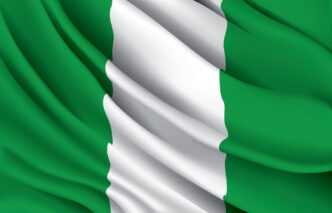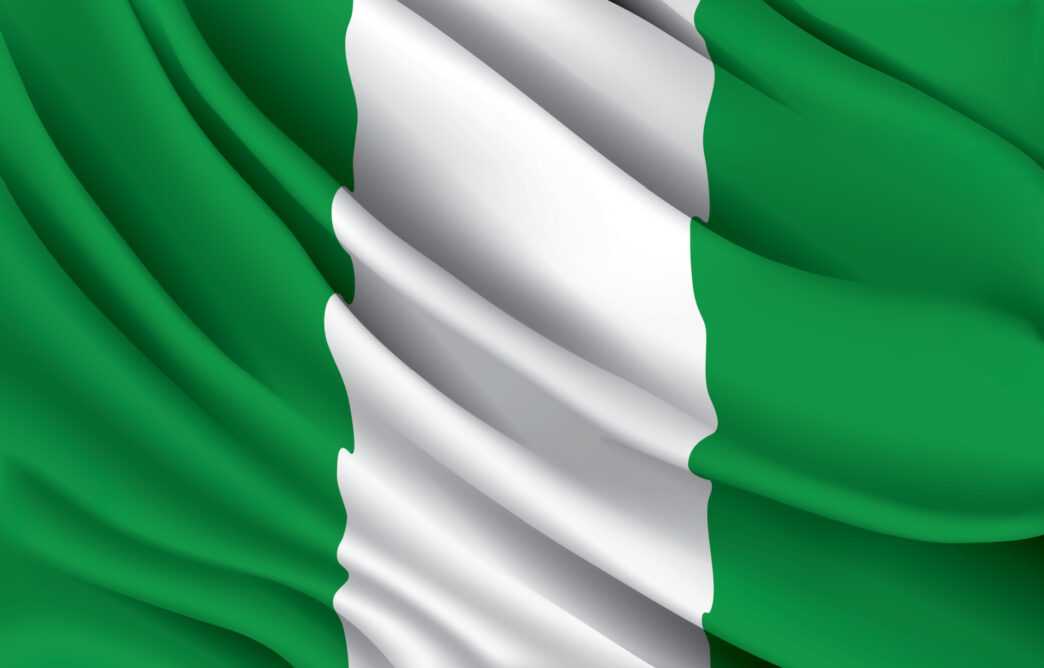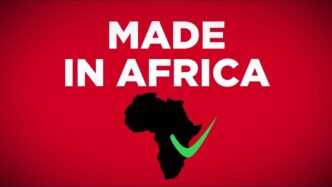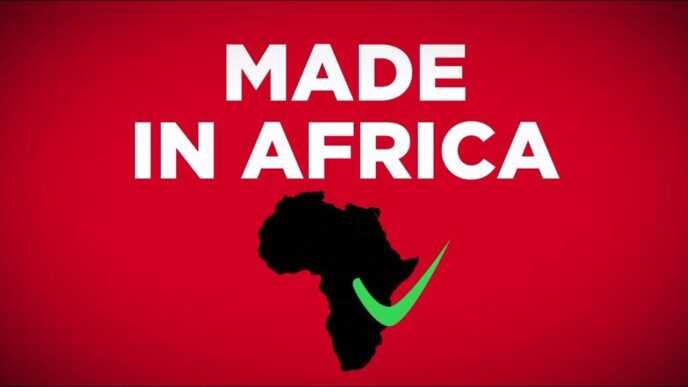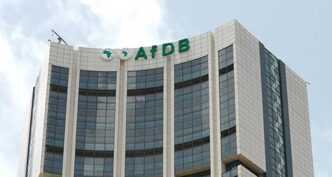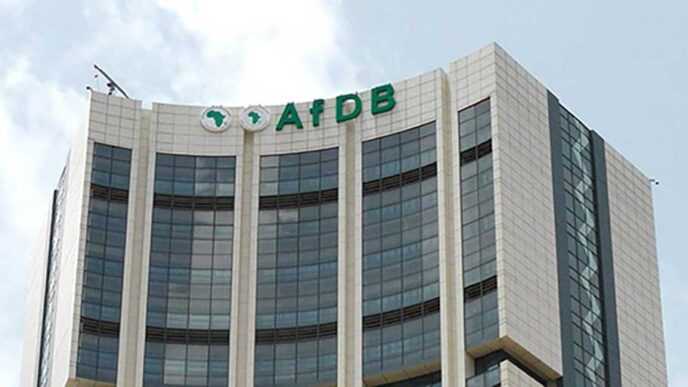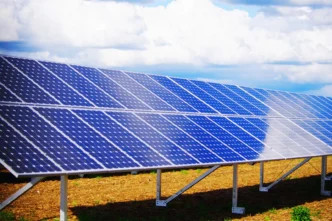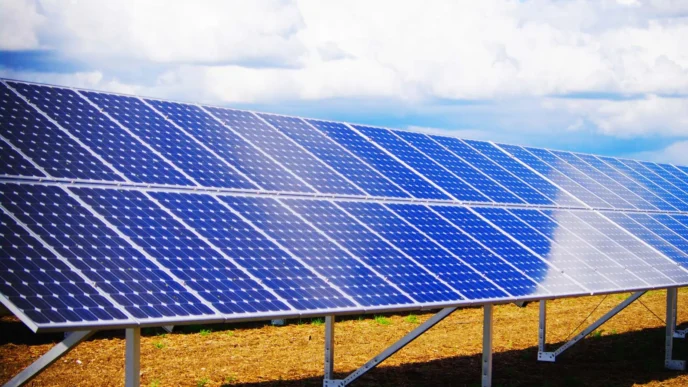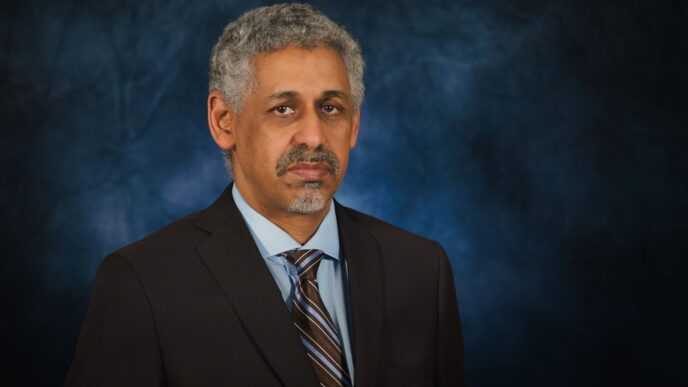Earlier this month, the IMF (International Monetary Fund) reported that Nigeria had repaid a $3.4 billion emergency fund received in April 2020, five years ago, for COVID-19 relief.
The loan was granted under the IMF’s Rapid Financing Instrument, designed to help cushion the effects of the severe economic challenges triggered by the pandemic, including falling oil revenues and a recession. The repayment of this loan was carried out in 3 phases, Phase one was 613.2 million SDR paid in 2023, the second phase was 1.22 billion SDR paid in 2024, and finally, 613.62 million SDR in 2025.
This marked a significant milestone for Nigeria, as the payment was completed in April 2025, ahead of the timeline agreed upon by Nigeria and the IMF. The payment of this debt is a step in the right direction, as it strengthens global investors’ confidence in Nigeria, signaling the country’s strong fiscal responsibility and monetary management.
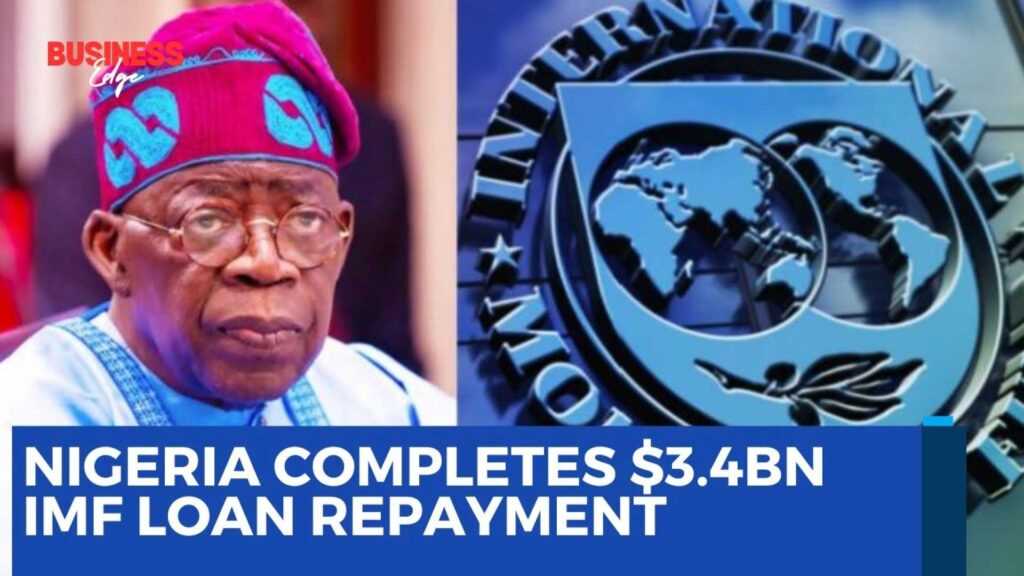
As a result of this repayment, Nigeria has now been exited from the IMF’s list of debtor nations. This was confirmed through a document titled “Total IMF Credit Outstanding – Movement from May 1 to May 6, 2025 where Nigeria’s name was noticeably absent.
Nigeria has now joined other African countries like Algeria, Botswana, Eritrea, Libya, Mauritius, and Zimbabwe, which are zero-dollar debtors to the IMF. Botswana, Eritrea, and Libya have never taken an IMF loan, Algeria declined a loan in 2020, and Zimbabwe declined to extend its loan in 2021.
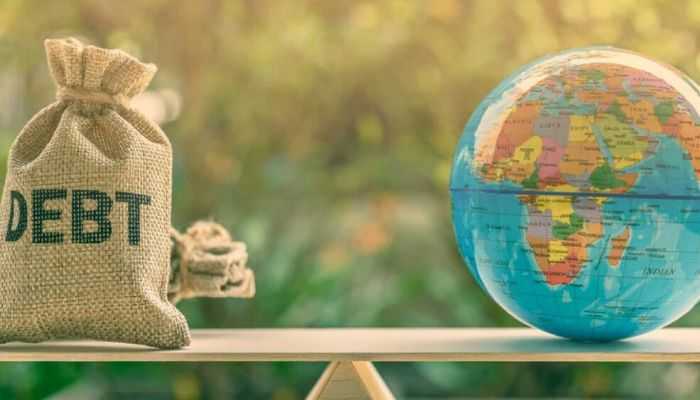
The payback of Nigeria’s debt suggests a resurgence of financial independence, which may spur a wave of economic responsibility throughout the continent. Nigeria joins an increasing number of African countries taking charge of their economic futures and lowering their reliance on outside assistance as it leaves the IMF’s debtor list. This milestone highlights a larger trend: African nations are placing a greater emphasis on self-driven development goals, strategic investments, and long-term stability. Nigeria’s experience serves as a reminder that financial independence is essential to realizing the continent’s full potential at a time when Africa’s economic resilience is crucial to global advancement.
